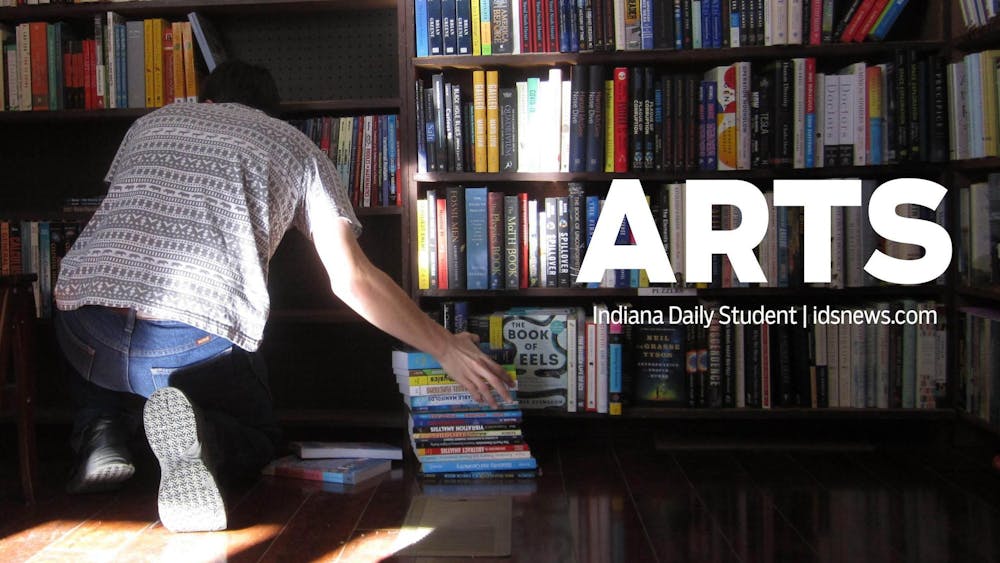Samantha Ellis’s book “How to Be a Heroine: Or, What I’ve Learned From Reading too Much” is the kind of book I imagine my high school British literature teacher would love.
It reads as a young bibliophile’s greatest hits: covering literary heroines from Scarlett O’Hara and Elizabeth Bennet to Judy Blume’s Margaret Simon and Stephanie Meyer’s Bella Swan.
The author’s love for books is intense and relatable; like so many others, she reads to better cope with the world around her, and she learns from every heroine she encounters.
In my last column, I had just dived into this book. In Ellis’s own flashbacks she was still a preteen and the women in the novels she read reflected the idealistic and imaginative mind of a young person.
I knew Ellis would be the kind of person I would love to call a friend when she told the reader that after she found out that Charles Dickens purposely made as many women in “Oliver Twist” faint as he could, she spent a “vengeful summer” rewriting the novel to make her now female heroine, Olivia Twist, prevail.
By the end of the book, Ellis has faced some of the hardest things life can throw at you.
She has lost love, come to realize her own limitations, and fought through her dark periods to find the good again.
For Ellis’s life story alone, this book would be worth a read.
But her takes on scholastically-popular literary heroines make this book a perfect companion to anyone who fancies sitting down and re-reading the heroines she dissects themselves.
While the very dense nature of the text can make it a challenge to sit and read this book cover-to-cover with no purpose, each chapter can be taken as its own autonomous essay, with very little early information needed to understand later anecdotes.
Her delayed-feminist revelation about “Wuthering Heights”‘s Cathy Earnshaw, whom she professes to love in the introduction, is perhaps the most satisfying chapter to read.
I have never before met someone who had such a romantic notion of the gothic romance, but at 29 Ellis said she “tried to live by” “Wuthering Heights.”
Her fierce love of a book that I have complained about — loudly — in literature classes first made me irrationally angry and then made me want to dredge my copy from the trash and try to read it again.
Ellis does eventually realize that Cathy’s selfish, heartless nature is not one to be admired and, for whatever admirable qualities Heathcliff once had, they were drowned out by a later abusive nature, but she remains steadfast in her belief that “Wuthering Heights” is about love.
It’s not a love that is often found, nor one that is all that healthy, but it is a love that is fierce nonetheless.
I am not sure I agree with Ellis, but her prose is so convincing and charmingly self-aware that I am willing to re-evaluate my least favorite book.
And I cannot fault her for her latent revelation either. If there is one thing to take away from this book, it is that stories are not just open to different interpretations among different readers, but can also change meaning as the same reader keeps coming back to read its pages again and again.






